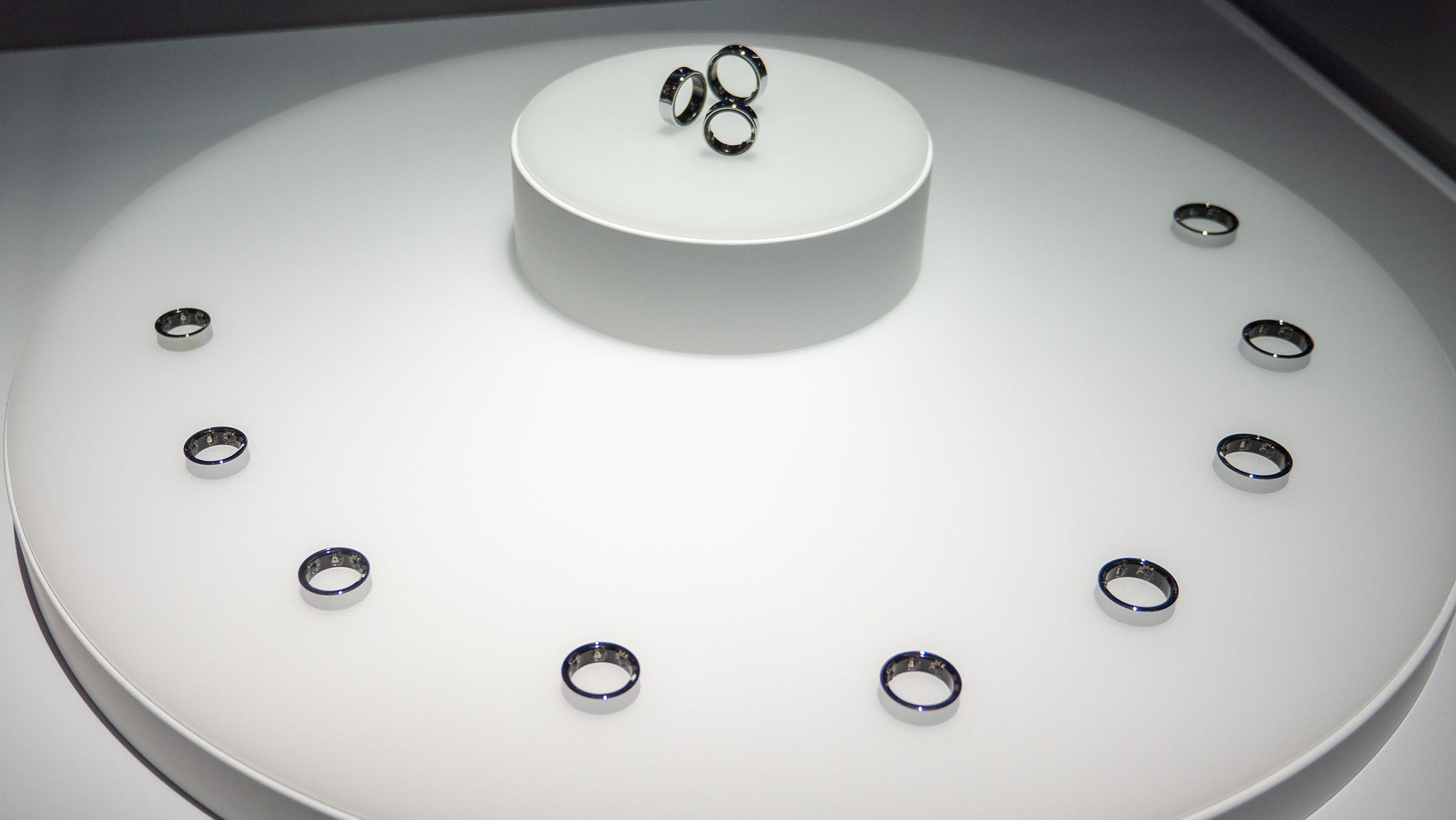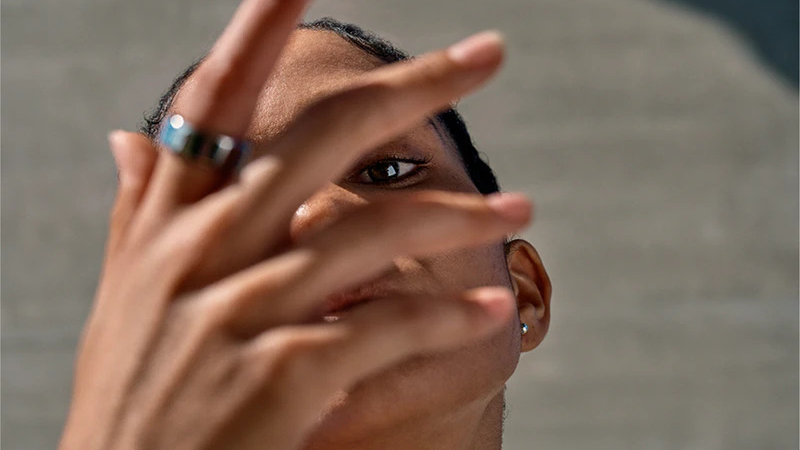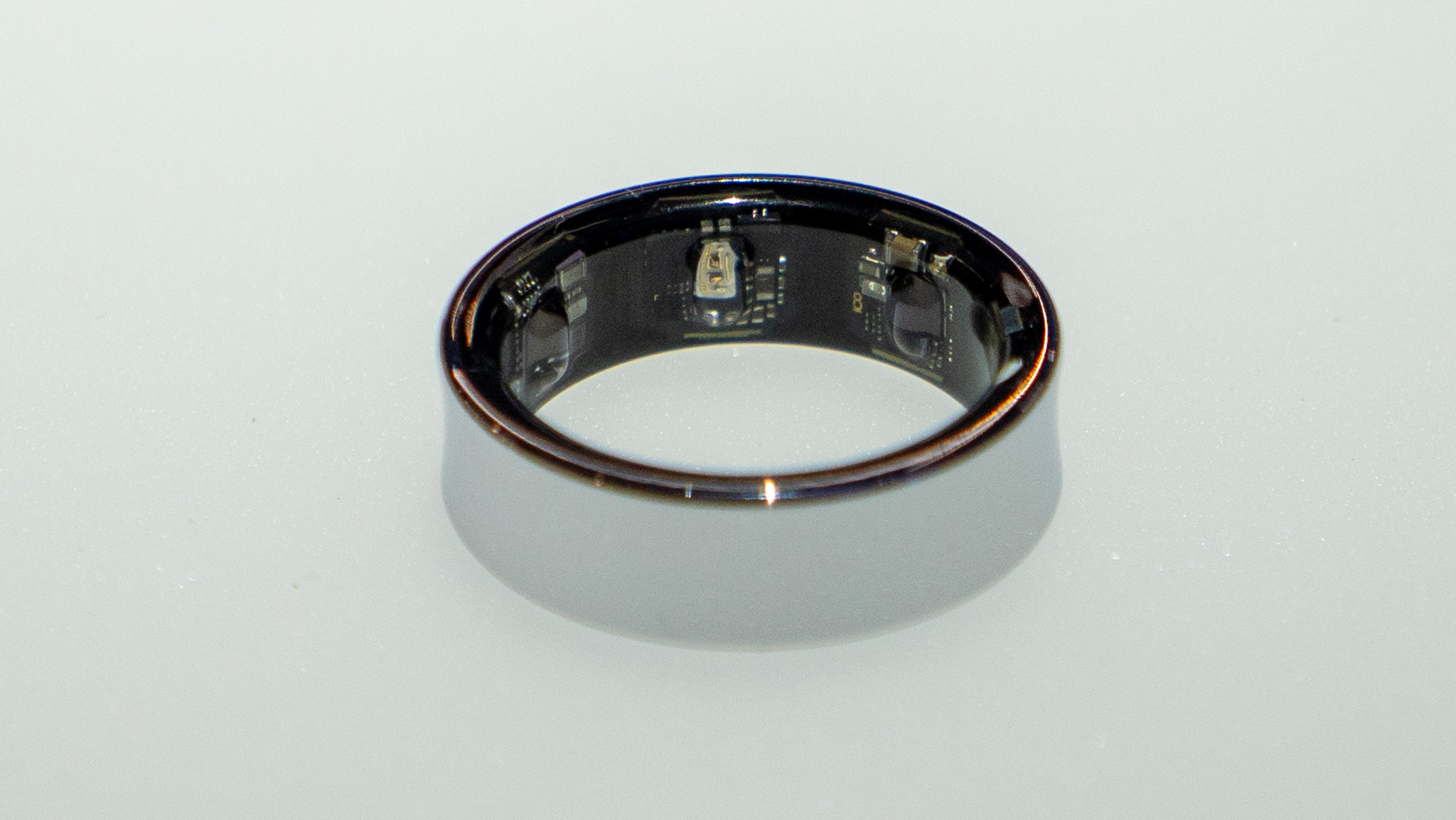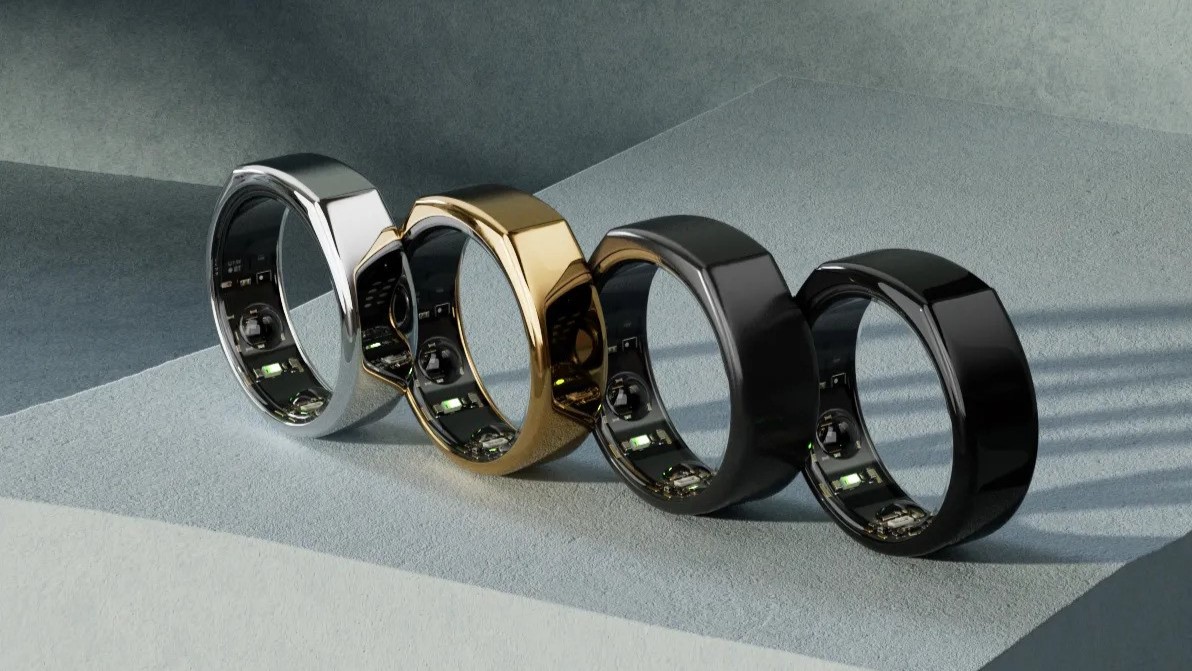The Oura Ring is about to face its biggest challenge yet: a fair fight
Samsung is clearing the way for the Galaxy Ring.

Oura has been reigning over the smart ring industry for over a decade now, bringing an advanced, research-grade sensor to the Oura Ring. Now, it faces a new challenge: competing with a company known for more than just its wearable technology—Samsung. With a new lawsuit brewing, will this threaten Oura’s standing in the smart ring market?
Oura's early lead

Oura was founded in 2013, and for the past 10 years, we’ve seen the company aggressively pursue its competitors since it holds many patents in the smart ring industry. Right after the Galaxy Ring was announced, the company was quick to remind Android Central that it has “100 granted patents, 270 pending patent applications, and 130+ registered trademarks.”
Oura argues that some of its competitors have infringed on its patents, involving aspects of design, functionality, and more. In March, it filed an ITC lawsuit against Ultrahuman, RingConn, and Circular for patent infringement.
“Unfortunately, when we see companies take shortcuts that imitate and ride the coattails of our innovation, we have no choice but to take action,” said Tom Hale, Oura’s now-CEO.
Hale goes on to say that, having spent over a decade investing in the research and development of the ring and engineering it into its hardware and software, Oura will continue to protect the efforts it took to reach where they are today.
Samsung, fully aware it might be next in line to get sued for its highly anticipated Galaxy Ring, filed a lawsuit against Oura Health Oy at the San Francisco Division District Court on May 30. The lawsuit claims that Oura’s pattern of indiscriminate assertion of patent infringement could actually pose a risk to the success of Samsung’s upcoming Galaxy Ring.

Jitesh Ubrani, research manager at IDC, has no comment on the likelihood of Samsung winning the lawsuit. However, he points out that he doesn’t see it as an offensive move to stifle competition. “Rather, I see it as a defensive move to ensure a fair fight.”
Be an expert in 5 minutes
Get the latest news from Android Central, your trusted companion in the world of Android
And reasonably so, considering Oura’s history. “Samsung’s suit does help paint itself in a better light as it appears to evangelize competition, while Oura, the underdog in the overall wearables market, is perceived as a monopoly,” Ubrani added.
The question, though, is more about the validity of some of Oura’s patents. Samsung argues that Oura’s patents cover features common to most smart rings, such as sensors, batteries, and data scores. However, if the court agrees on these aspects, Oura’s legal strategy could be weakened.
Despite this, Samsung asserts that the Galaxy Ring “has not infringed, and does not infringe, directly or indirectly, any valid and enforceable claim” from Oura’s five most commonly cited patents in its previous lawsuits.
Oura, on the other hand, has not publicly commented on Samsung’s lawsuit as of yet. The company did not respond to Android Central’s request for comments, either, but we will update this article once we have more information.
Oura's reign and beyond

Oura was founded by Petteri Lahtela, Kari Kivela, and Markku Kosekela. Their vision was to create a functional and minimalistic wellness device. According to Petteri Lahtel, the brand’s early days weren’t easy, as securing funding proved difficult.
“It was really hard to find investors who were also driven by something else other than money. Our mission from day one has been to create a lasting impact by empowering individuals to learn how their bodies respond to their lifestyles,” he said in an interview with Nordic Business Report.
While they continued to struggle for funding, they launched a Kickstarter campaign and publicized their concept in 2015. The company has since created three generations of its smart ring, the latest of which is its most popular and has solidified Oura as a leader in the space. Throughout these years, the focus on data accuracy and user empowerment has powered the ring since 2021.
“That’s how we stand out against other wearables—Oura Ring is designed not just for a moment in time or a season, but it’s meant to be a personal health companion for life,” Jason Russell, Oura’s VP of consumer software product, told me in an email.
From creating rings that could only track sleep and fitness to getting breakthroughs in women’s reproductive health research, including the capability of Oura Ring to track menstrual cycles and identify pregnancy, it has come a long way.
When discussing new players entering the smart ring market, Russel said that Oura has always welcomed “increasing competition as validation for the category’s potential.” However, to the contrary, whenever a company tries to enter the smart ring market, Oura has sued it for patent infringement, likely protecting years of innovation and user-centric design.
“With over a decade of experience in the industry, we’ve established ourselves as pioneers in the ring form factor, setting a high standard for innovation and accuracy, and we continue to innovate,” he added.
A victory for Oura could mean a defeat for smart rings

If Oura wins its lawsuits and competitors are forced to alter or retract their designs, consumers will have fewer options when choosing a smart ring. Oura would likely monopolize the smart ring market and restrict consumers' ability to find a better ring that matches their budget and needs.
"As a pioneer in the space, Oura has every right and reason to protect their moat, particularly as a giant like Samsung introduces a competing product," Ubrani added.
Secondly, going after competitors could only lead to a potential price rise, limiting accessibility to customers. It might even discourage other companies from investing in the innovation of these niche wearables, which could stifle the growth of smart ring tech. However, considering the legal system's complexity, it is important to note that these lawsuits might take years to resolve.
Oura might argue that these lawsuits help maintain the quality of products and prevent companies from infringing on their patents.
However, Ubrani says in reality, "these lawsuits and protectionist moves ultimately hurt the consumer because it reduces competition and instead, on some occasions." Instead, Oura should focus on improving its products and services to stand out in the market rather than chase after its competitors.

Nandika Ravi is an Editor for Android Central. Based in Toronto, after rocking the news scene as a Multimedia Reporter and Editor at Rogers Sports and Media, she now brings her expertise into the Tech ecosystem. When not breaking tech news, you can catch her sipping coffee at cozy cafes, exploring new trails with her boxer dog, or leveling up in the gaming universe.
You must confirm your public display name before commenting
Please logout and then login again, you will then be prompted to enter your display name.
